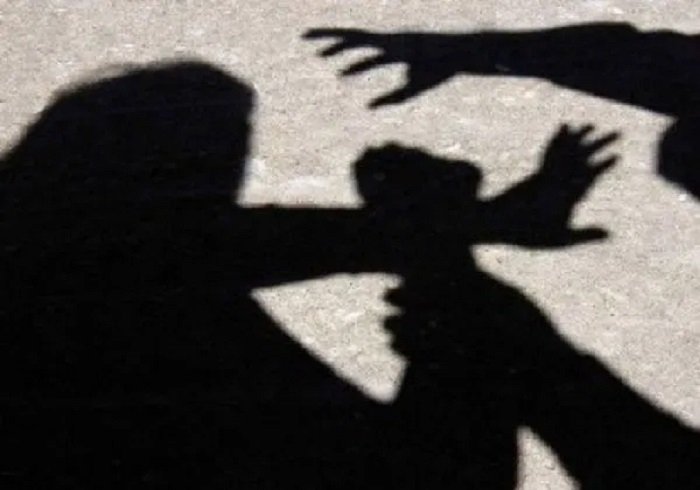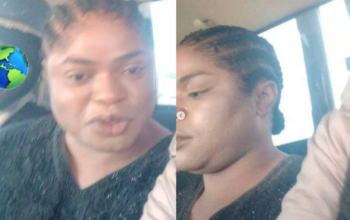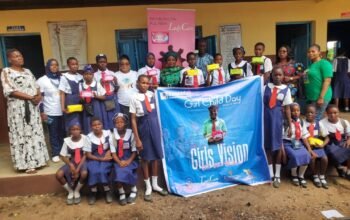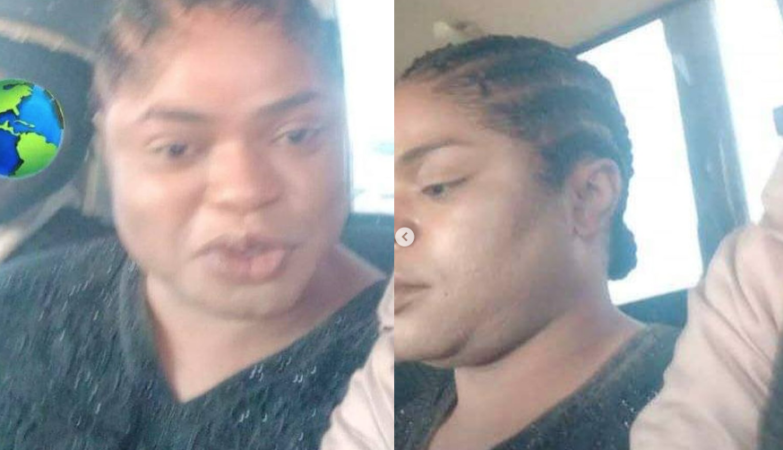Juwe Oluwafemi and Collins Sunday, Lafia
In recent times, there have been alleged cases of rape, theft, and child marriage in many Internally Displaced Persons camps in Northern Nigeria.
These anomalies, investigations reveal are due to the unending insecurity, including kidnapping and banditry that have bedevilled many communities and cities across the 19 northern states of the country and the Federal Capital Territory, Abuja.
Some of these states where rape and child marriage have occurred include: Borno, Benue, Niger, Kano, Bauchi, Adamawa, and Kebbi, among others.
The horrible and dehumanising condition in the form of sexual abuse, forced marriage, hunger and poverty have remained a daunting challenge for the IDPs who constantly pray to quickly return to their ancestral homes, but the fight against insecurity is yet to come to an end as terrorists still unleash mayhem on citizens.
During a recent visit by the Sexual Offences Awareness and Responses initiative, a Non-governmental Organisation to some IDP camps in Benue State, the Project Officer, Chibuzor Njoku, lamented the increase in molestation of young girls in the camps, and called on the federal and state governments to urgently intervene in the matter.
The NGO raised the alarm while carrying out interventions in IDP camps in three Benue LGAs, including Anyiin in Logo LGA, Gbajimba; Uikpam in Guma LGA and Naka, in Gwer West LGA.
Investigations further reveal that the constant molestation of young, impressionable and vulnerable girls at the IDP camps, informed the decision of the NGO to the set up a Camp Child Protection Committee at the various camps to serve as a shield to the young females.
Speaking on the principles of child rights in the society, Njoku reminded that the rights of children included the right to be protected by their parents and the society, the right to be cared for, the right to protection from child trafficking, the right to be protected from domestic violence, among others.
Therefore, he called for collective efforts from parents and guardians on the need to always protect the rights of children.
Only last week, journalists reported the shocking discovery of underage marriages that flourish in the Adamawa IDPs camps amidst ravaging hunger, crippling poor healthcare facitilities.
The underage marriages, otherwise known as child marriage, still boom at the Internally Displaced Persons’ camps in Adamawa, for instance, where at least, five child marriages were recorded in one of the IDPs camps this year alone.
Most worrisome about the situation is that in spite of the hard times being faced by the vulnerable persons squatting at the different camps following the 14 years of Boko Haram insurgency which forced many families to flee their homes, indiscriminate contraction of marriages by underage couples and tales of found love still flourish.
A popular Newspaper in the North had an exclusive interview with two families out of the five in the IDPs camps who got married this year alone – Bakura, 17 years old, who is originally from Michika, and got married to Aisha,15 years old in January 2023.
Similarly, 21 years old Babagana, who is in SS 2 and migrated to Adamawa from Bama, told journalists that he got married in July 2023 at the camp and gave his wife’s name as Hafsat.
“She is 17 years old. I love Hapsat very well. She is very, very sweet,” he spoke lovingly of his spouse.
Meanwhile, in recent disputes between herders and farmers in Obi and Awe LGAs of Nasarawa State which led to the displacement of over 4,000 residents, women and young females encountered numerous challenges due to the alleged neglect of the state government.
The communities affected were: Chabo, Daar, Tse-Udugh, Kyor-Chiha, Ayaakeke, Usula, Hagher, Joor, Tyungu, Ugba, Angwan, and Ayaba – all are in the two LGAs.
When Arewa PUNCH visited the IDP camps at the Central Primary School in Awe LGA, some of the women and girls were seen sitting helplessly while others were begging motorists and commuters plying the road for money to feed.
Spokesperson for the IDPs, Joseph Amuwa, informed that due to the absence of security personnel around the camp, some of the IDPs lost their lives following consistent attacks by hoodlums who invade the camps mostly at midnights.
He narrated how some of the women at the camps were molested, abducted, and raped.
This situation, he noted, is not peculiar to the IDPs camp in Awe alone but cuts across camps in other states.
Amuwa also told of the pathetic story of how two of the nursing mothers at the camp, Mercy Chahur and Adasho Deborah watched helplessly when their children fell sick and died one after the another due to lack of medical facilities in the area.
Therefore, he appealed to the federal and state governments, alongside non- governmental organisations and other charity-inclined Nigerians, to come to the aid of the people, especially the very vulnerable ones among them.
The IDPs spokesman also urged them to make efforts towards proffering a permanent solution to the challenges that IDPs were facing in the state and the country at large.
“It is even more pathetic to watch many of these expectant women give birth to their babies on bare floor in the classrooms and you can imagine the situation that the nursing mothers face with their new born babies. The government at all levels should not ignore our plights. The IDPs need all the help they can get to survive the hardship they are facing at the various camps,” Amuwa solicited.
As a result of the consistent attacks in most Northern states in the country, the estimated number of Internally Displaced Persons in Nasarawa, Benue, Niger and Plateau states in 2023 alone has risen to over 500,000, based on figures collated from various local and international organisations.
Although the security situation in Nigeria has improved in parts of the country with the scale of attacks trending down, thousands of Nigerians are still being displaced from their communities by criminal gangs, bandits, and other terrorists.
In 2022, the International Organisation for Migration said over 3.6 million people were displaced in Adamawa, Bauchi, Borno, Gombe, Taraba, and Yobe. But the trend is yet to be over as bandits are still hovering around many parts of the country and regrettably succeeding in their criminal act.








